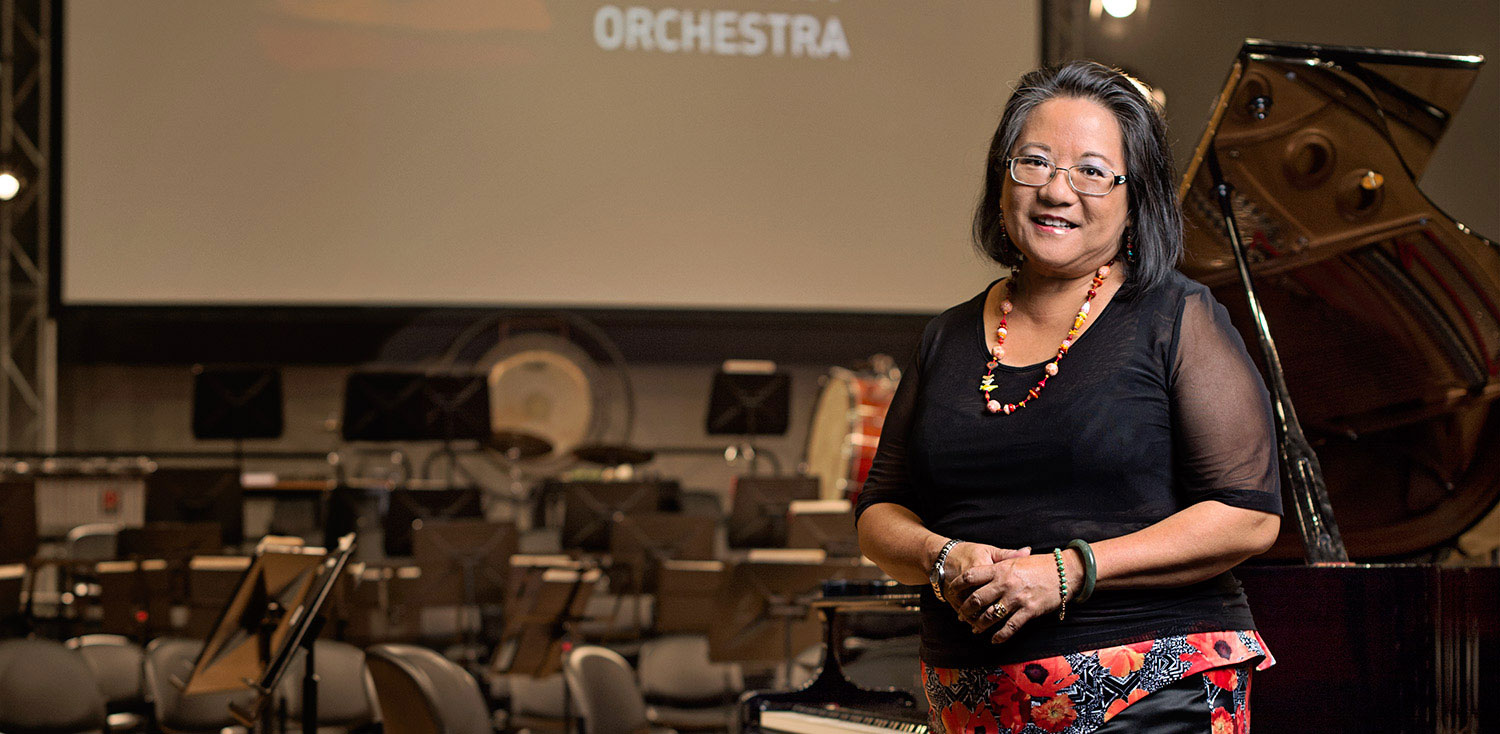1. On the job
Darwin Symphony Orchestra is a fairly large not-for-profit – we turn over more than a million dollars a year. There are four paid staff and the rest of us are ‘freebies’. There are about 70-100 volunteers. The board sets all of the governance, we look at the finances and figure out where the money has got to go to and come from. We also guide the operations and set strategy for the organisation.
2. Management style
I change my style to suit the particular environment. When you manage a small staff and lots of volunteers you have to be hands-on. You have to guide, counsel, coach. At the other extreme, you have to be the consummate business developer because we’re dealing with large sponsors from large organisations so you need to be able to present your KPIs and strategy and work together to deliver true value.
3. Greatest Challenge
Money is the big one. We compete in the cultural, music and not-for-profit sector and we work full time in our own day jobs. So the biggest challenge is where the money is coming from and how you can continue to deliver with limited resources to meet the needs and expectations of a growing audience.
4. First job
I started out as a computer programmer. I went to university and got my degree and I was one of the first young women to be employed as a trainee at IBM in 1979. But my very first jobs involved selling things – I sold records, I sold jeans. I guess it was a natural progression that when working for IBM, instead of going into technical computer programming, I went into sales.
5. Staying in tune
What I love most about my work with the orchestra is seeing the smiles on everybody’s faces at a concert. Music is a language of peace. It’s a language for everybody – it doesn’t matter how old or young.



